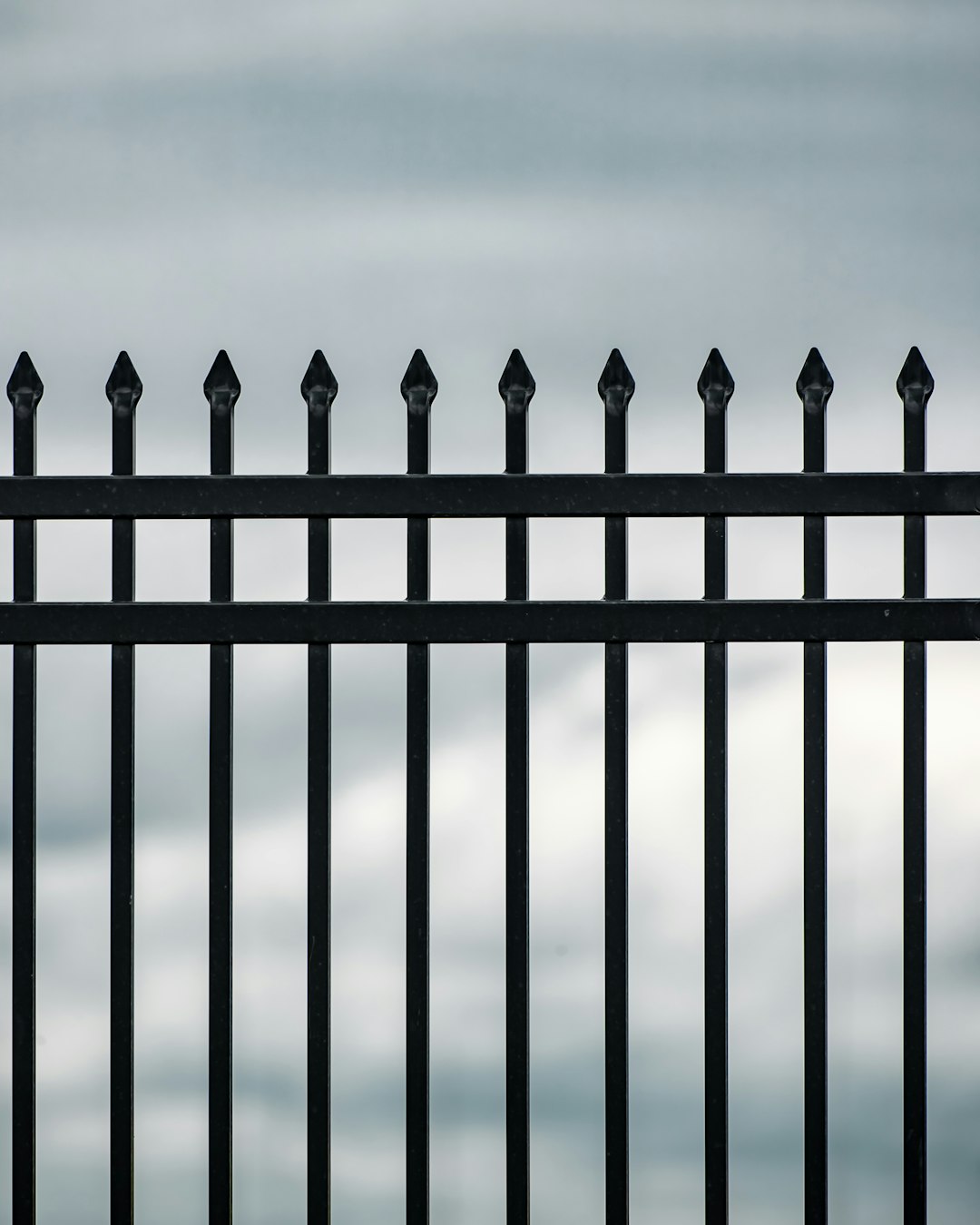 Photo from Unsplash
Photo from Unsplash
Originally Posted On: https://fencingstaples.com/how-to-weather-proof-a-fence-building-a-fence-to-withstand-the-extremes-of-nature/
When building fences there are a lot of factors that come into play but the biggest factor to consider is the type of country you are in and its weather. Some areas receive heavy snowfall that can destroy fences. Other areas have a lot of wind and tumbleweeds. Some parts of the country can experience flash floods while others have burning coal seams that produce fires yearly. These need to be taken into consideration before you start fencing.
Determining the Type of Material Needed
The type of natural disaster that is common to your area determines the style of fence as well as the material. In heavy snowfall, a lay-down fence is a very convenient way to resist the elements. In the spring when the snow melts you stand the fence up and it’s ready for use. This is a barbed wire fence with wood stays that have a wire loop that connects the stay to a solid wood post. In the fall, after cattle are moved out, you take the loop off the solid wood post and allow the wire to lay flat on the ground. By doing this, the snow can’t sit on the fence and break the wires. Since the stays are wood and the wire will cause a lot of resistance with the picking up and laying down of the fence, it’s best to use Cat’s Claw Fasteners. The common staple has a tendency to pop out during the picking up and laying down.
Another type of fence for snow country is buck fence, rail fence or a solid barb wire fence with 2-3 stays between every post span. The buck and rail fence resist the weight of the snow and remain more “snow proof” although the lifespan of the wooden rails is limited. A solid barbed wire fence with wooden stays between each post span keeps the weight of the snow from pushing the fence into the ground and out of sight. Cat’s Claw Fasteners are the easiest and most efficient method to connect wires to stays as well as wood posts.
Consider the Elements
In some areas the wind blows constantly, this can create a problem building fence if it’s not designed for the elements. Where the wind blows, it will pile up tumble weeds and other loose materials on the fence creating a wall to be blown over. Combine that with just a bit of snow and the lifespan of the fence is shortened drastically. To make this fence weather resistant, put the wires on the prevailing wind side of the post. If material does build up the weight is against the post, pushing the wires onto the post, not against the staples popping the wires off the posts. You can lift the bottom wire to 16-18” off the ground which will allow the ground debris to blow through. Wood posts are more ideal in these locations due to the more superior holding power as compared to a T post. If debris gets really bad, then in the fall before the snow falls, the wires will need to be freed from debris, whether it’s done by pitching the debris over the fence or burning it. These little tricks can help “weather proof” fences in this area.
Nature’s Natural Fence: Water
In my area we have creeks that can run 5-15 ft deep with just an inch of rain depending on how fast it comes. We call these water gaps. Mostly these are created to bluff livestock into believing there’s a solid fence. A solid brace is placed on both sides of the creek and then wire is draped down into the gap to provide a barrier. Logs or posts are wired to the wire so they can provide weight but also float if necessary. I’ve found that it’s best to use smooth wire in these places and use running wraps to attach wire to the brace. This is opposed to wrapping the wires solid so there’s no give. When we experience a flash flood, there will be a wall of brush and water hitting the water gap like a freight train. I want my wires to pull free from the brace, not bust my brace. By using smooth wire, when I return to fix the water gap, I can pull the wire up out of the mud and brush with little resistance.
In a burning coal seam country, wood posts are not your friend. In those areas a small breeze on an exposed smoldering coal vein can set off a prairie fire. Choosing material that can withstand heat and fire is advisable. I’ve found using pipe posts for my braces and T posts allows the fire to burn through with little damage. If the fire is fast enough, it doesn’t create enough heat to destroy the temper in the wire or T posts. When building pipe braces I always use Cat’s Claw Fasteners to attach my wires. There’s another option of using plastic posts that have a high burn resistance and melting point for braces and inline posts. Cat’s Claw Fasteners are the only method to attach wire to these posts as well.
These are just a few ways I’ve used to make a fence more weather resistant. Every area is different and presents its own challenges. By taking these into consideration before starting the fence will create less trouble and wasted time down the road.
Please make sure to read all of the other fencing blogs that can be found on our website and keep an eye out for new blogs that cover other topics that are related to fencing. Have questions for the Cat’s Claw Cowboy? Write ‘em down and send them to Head Cat Collector Chava at chava@catsclawfasteners.com so she can get you answers!














